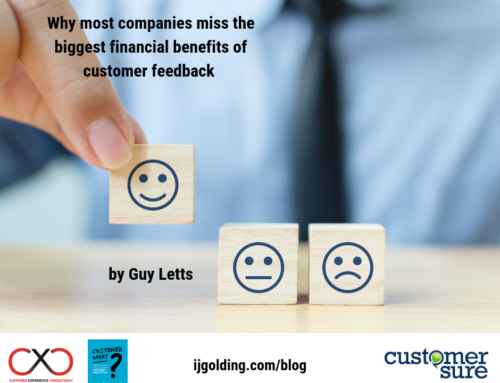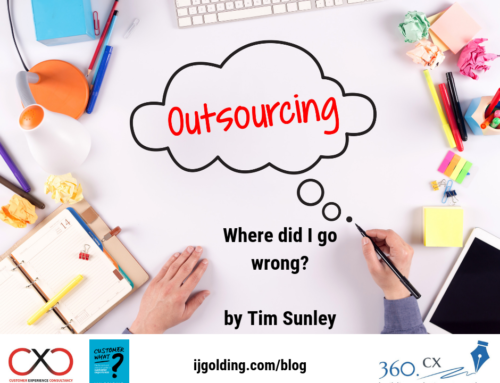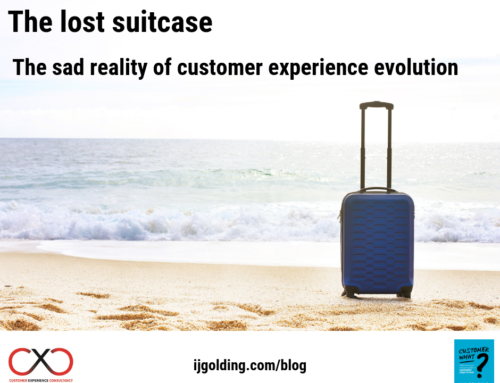
I first wrote a blog post about Tesco two years ago. Entitled ‘Tesco: Hero or Villain – You Decide’, I made the case for Tesco being a hero – achieving huge financial success due to its ability to do everything the consumer wanted it to do. I wrote:
Being blunt, Tesco have done what every retailer should have done – they have given millions of British consumers ‘what they wanted’ – QUALITY, CHOICE, FLEXIBILITY, RELIABILITY and CONVENIENCE. Tesco successfully identified that we wanted our weekly shopping experience to be easier, without the hassle. If they could create a proposition that not only allowed mum and dad to get their baked beans, but also pick up the school uniform for the new term at the same time, most mums and dads would be happy with that. And we were……are.
However many disagree with my point of view (as of course they are entitled to do). Apart from their apparent disregard for independent retailers, Tesco’s financial fortunes have been on the wane for the last three years. My friend and fellow blogger, Helen Dewdney (or the Complaining Cow as she is better known), has not been a fan of Tesco for a long time – or more specifically she has not been a fan of their CEO – Phillip Clarke. Helen, who is an expert in the field of Complaints, believes that Tesco and Phillip Clarke are guilty of not listening to customers. Helen believes it is this failure to listen that has led to Tesco’s current predicament and the announcement of Phillip Clarke’s departure in October. You can read Helen’s point of view here.
Whatever way you look at it, Tesco is a hugely successful business. Employing over 500,000 people in 12 markets, it still is a hugely successful business serving 75 million shopping trips every single week – that is a lot of customer experiences! After years of unrivalled ‘double digit’ growth, Tesco’s sales have been in decline ever since Mr Clarke took over the leadership reigns from Sir Terry Leahy. You could say failure was inevitable – akin to David Moyes succeeding Sir Alex Fergusson at Manchester United, how could anyone take over from where Sir Terry left off?
One of the things that has always fascinated me about the largest companies in many sectors is that they are always obsessed with getting bigger. Never being satisfied with simply sustaining their business, the ever challenging demands of shareholders have meant that big is never big enough. Year after year revenues are expected to rise – failure to do so often results in the fate that Mr Clarke has now experienced – the exit door for the man or woman at the top.
Growth comes in multiple ways – expansion, acquisition and diversification in the main. Tesco have shown deftness at all of them. When Jack Cohen opened his market stall in 1919, he would not have imagined his business selling anything from bananas to mobile phones to house insurance in the UK, Hungary and China among others. With stores of all shapes and sizes and now multi national as well, Tesco is a conglomerate with a variety of different business interests. Throughout all of this growth, Tesco have been as customer focussed as any of their competitors (in my opinion). As I said in my 2012 blog – their growth has been achieved as they have consistently given consumers what they demanded.
BUT….there is always one of those….it appears that Tesco have made a very big mistake. One of their core values is ‘No one tries harder for customers’. They say they put this into practice by ‘understanding customers’; ‘being first to meet their needs’; and ‘acting responsibly for communities’. The image below is taken from their corporate website:

I am all for organisations having a clear vision supported by values, but only if they are understood and acted on. Helen Dewdney’s post strongly suggests that these are just ‘nice words’ and not a reality at all. The thousands of people all over the country who have protested at Tesco’s continuing desire to open more and more stores on the UK’s high streets will no doubt refute the ‘acting responsibly for our communities’ value. Yet the biggest mistake of all appears to be the first one – ‘understanding our customers’. I am not sure that Tesco can honestly say that they have understood and acted upon the changing needs of the consumer.
In 2014, the British consumer still wants QUALITY, CHOICE, FLEXIBILITY, RELIABILITY and CONVENIENCE – but he/she also wants these things to be at the best VALUE FOR MONEY. In its quest for more, Tesco has lost sight of just exactly what Tesco is. In the same way that Marks & Spencer struggle to let the poor old consumer know what it is, Tesco has fallen in to the same trap. It is no longer clear who Tesco are competing with. Is it Sainsburys, Morrisons and Asda, or is it Waitrose? Are we supposed to select Tesco ahead of Aldi and Lidl? Are Tesco Mobile better than Vodafone, O2 and EE? It seems to me that in their obsession with the numbers, Tesco have FAILED to adjust to the changing needs and behaviours of the consumers they did so well to nurture.
I remember at University, listening to a lecture about business diversification. Whilst I cannot remember the specifics, I will never forget the lecturer teaching my classmates and I about the risks of businesses trying to diversify into interests that are not core to its proposition. Taking your eye of the ball of your core business is a very real issue – something that may have led to Tesco’s current plight. Tesco desperately need to decide what it is again. Why should the British consumer spend their hard-earned money with Tesco as opposed to the plethora of competitors who are stealing customers away?
The Golding family used to shop at Tesco. We do so no longer. Why? Quality is not what it used to be. Although Choice, Flexibility and Convenience are all still good, Tesco is no longer good Value for Money. Why shop at Tesco when you can get the same (if not better) quality with far better value at Aldi? Tesco, like M&S, high street banks and utility companies need to work hard to convince us to understand not just who they are, but to trust them again. Being the biggest may please the shareholders, but it does not necessarily mean that you will deliver the best experiences. Being biggest does not mean you will be able to continue giving customers what they need or want.
Dave Lewis, the incoming CEO of Tesco will need to work hard to convince his organisation that the best way to take the company forward……I would argue the only way……is to start putting customers interests before shareholders demands. While the company continues with its obsession to just get bigger, they will continue to drive customers away. If Tesco want to be true to their values, start to listen and understand what customers want – and design the future experience accordingly. This will take time – but it will ensure both the sustainability of the business and long-term returns for investors.






Thanks for including me in the post. All boils down to greed at all costs and ultimately it cost them too much. Focussed on profits at cost of everything and therefore missed everything that was needed to increase those profits.
A great post Ian. …and I love the choice of accompanying pic – pin and balloon
Sent from my iPad
Recently Tesco seem to be experiencing more stockouts and poor availability which is always a sign of a business where an eye has been taken off the ball. This was the case with Sainsbury’s a few years ago before Justin King took over and is also currently true of Morrison’s. I would also say Tesco suffer form too many inconsistent and short-lived offers so you never quite know what you’re going to get.
Summed up perfectly as always!
[…] wrote about the ‘Bursting of the Tesco bubble’ in July 2014. In my blog post I argued that whilst they publicly claimed that ‘no-one tries […]